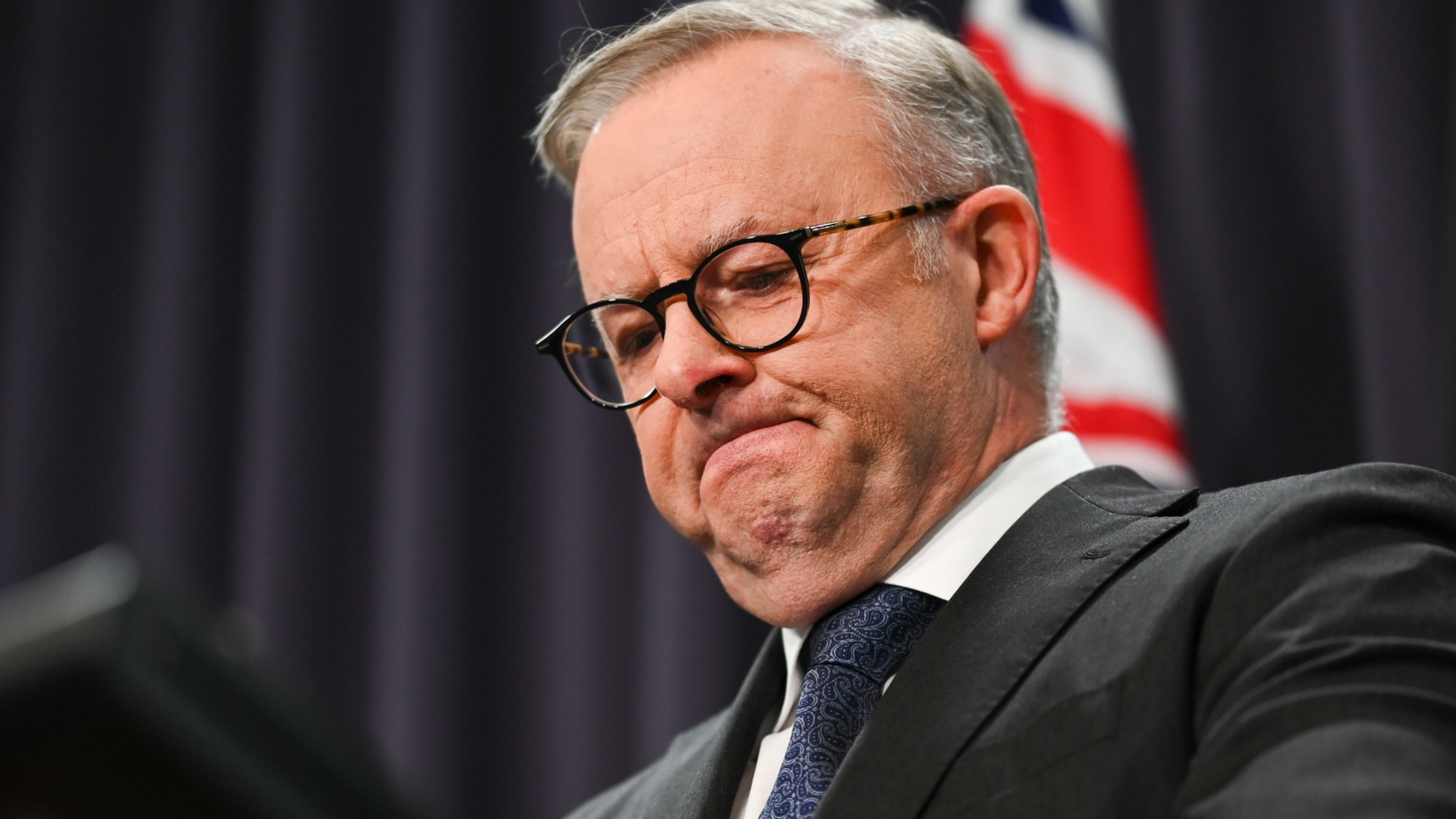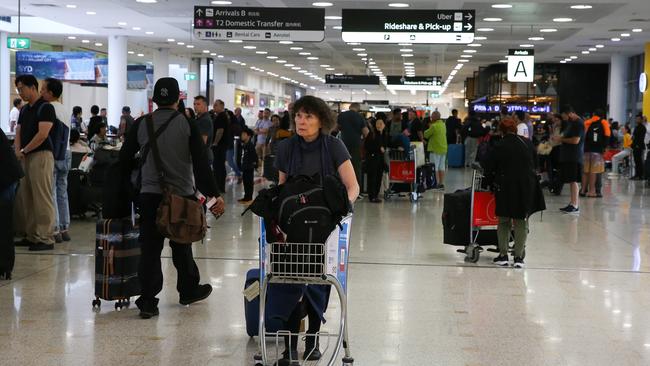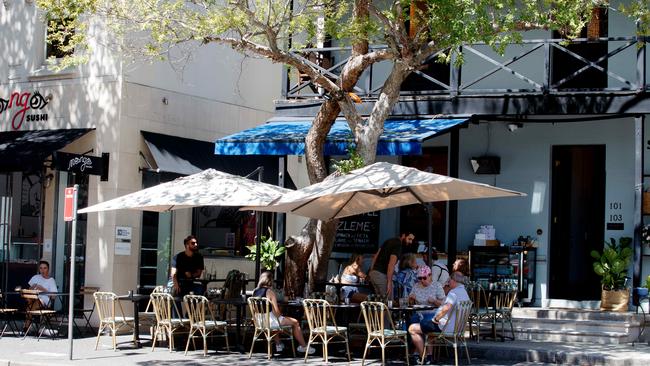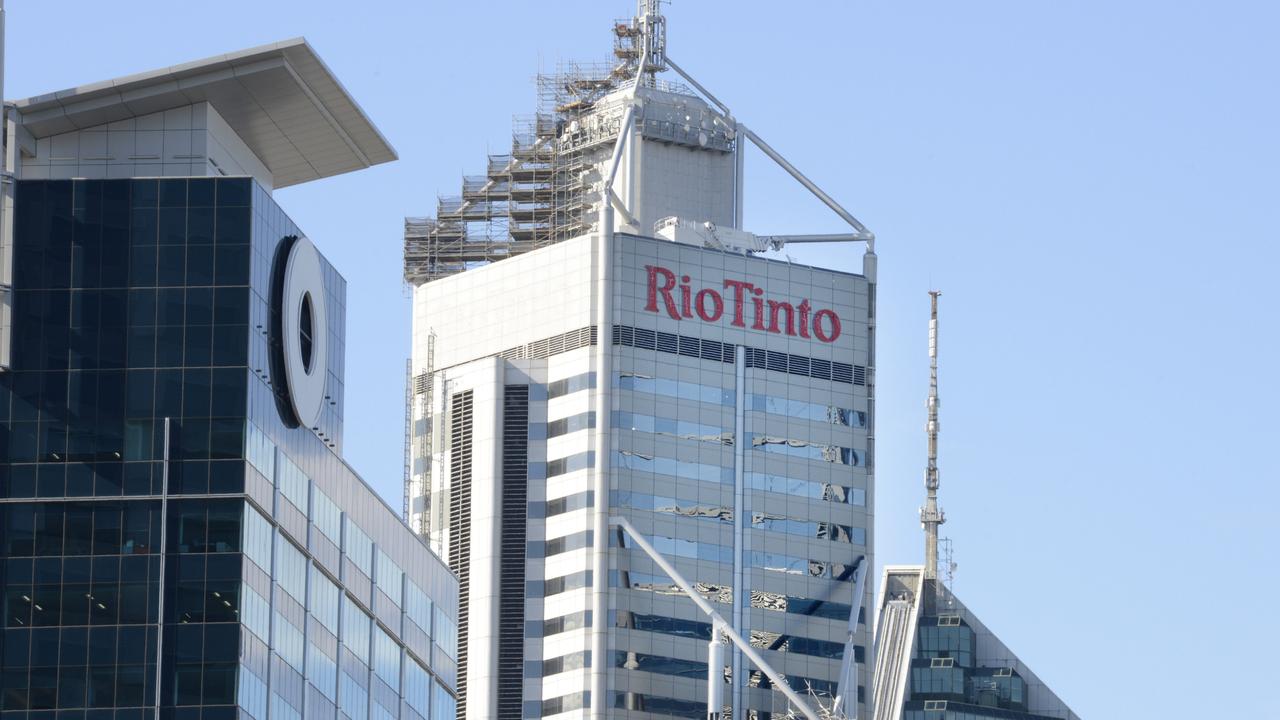Fall in immigration could put pressure on struggling businesses, economist
A fall in overseas arrivals into Australia could put further pressures on struggling businesses, an economist has warned.

Small Business
Don't miss out on the headlines from Small Business. Followed categories will be added to My News.
A cap on migration announced by both major parties could put even more pressure on Australian businesses, who are already struggling through “the most challenging times in living memory”.
CreditorWatch chief economist Ivan Colhoun warned there are several issues facing businesses in the next 12 months, with a slowing population adding to business pressures.
“A lot of people talk about per capita recessions, I think it is a misleading term,” he said.
“If you think about most businesses, if the population grows, there’s more activity, there’s more people spending and there’s more demand for businesses.

“So in reverse, if the population is growing more slowly, then there is less activity around and I think a slower population growth generally means less demand in the economy.”
Budget figures released on Tuesday night showed Labor has set themselves the ambitious task of culling next migration by nearly 65,000 in 2025-2026.
Labor will aim to lower net overseas migration to 260,000 in 2025-26, a slight increase in numbers from the 255,000 figure released in December mid year budget outlook.
Net overseas migration for the current financial year has also been revised downwards from 340,000 to 335,000, but is still a leap from the 260,000 forecasted in the 2024 federal budget.
While major parties have flagged a push to lower net overseas migration, Labor’s attempt to cap international students to 270,000 this education year was thwarted by the Coalition in November.
Opposition Leader Peter Dutton has also promised to cut permanent migration by 25 per cent from 185,000 to 140,000, however he’s walked back the Coalition’s original commitment to slash net overseas migration to 160,000.
Another major risk flagged by Mr Colhoun was the Trump tariff plans with the unknown components seeing fewer businesses willing to invest.
“The tariffs are an interesting one as they are not directly levied on most Australian businesses as we are not a huge trader with the US,” he said.
“But the story is indirect, to the extent it affects other countries, it can affect our economy. “People are a bit uncertain about what is going on, which you tend, as a business, to wait to see what will happen.”
Mr Colhoun said the Trump uncertainty adds pressure but also said higher prices continue to hamper Aussie businesses.

“The Reserve Bank probably needs to cut interest rates more with the big pressures (on business) coming from higher prices and costs,” Mr Colhoun said.
“There is also pressure on discretionary spending and consumers and that’s why the cost of living relief that came through in the federal budget is helpful, so it is part of the adjustment that needs to take place.”
While Mr Colhoun said there were some budget measures through consumer relief that could spur on spending, small business advocacy groups say they missed out in the latest federal budget.
Council of Small Business Organisation Australia (COSBOA) chief executive Luke Achterstraat said the budget largely overlooked small business during the most challenging environment in living memory.
“With decade-high insolvencies and crippling energy, rent and input costs, this budget had the opportunity to provide a long-term road map for small business growth,” Mr Achterstraat said.
“Unfortunately, the budget largely recycles existing policies and fails to substantially deliver for the 2.5 million small businesses in Australia and the five million people they employ.”
Mr Achterstraat said businesses were left in limbo on the future of the instant asset write-off promised until June 30, 2025, not yet legislated.
“In a volatile economic environment, the instant asset write-off should be made permanent to provide an added incentive to invest and improve business,” Mr Achterstraat said.
Originally published as Fall in immigration could put pressure on struggling businesses, economist




